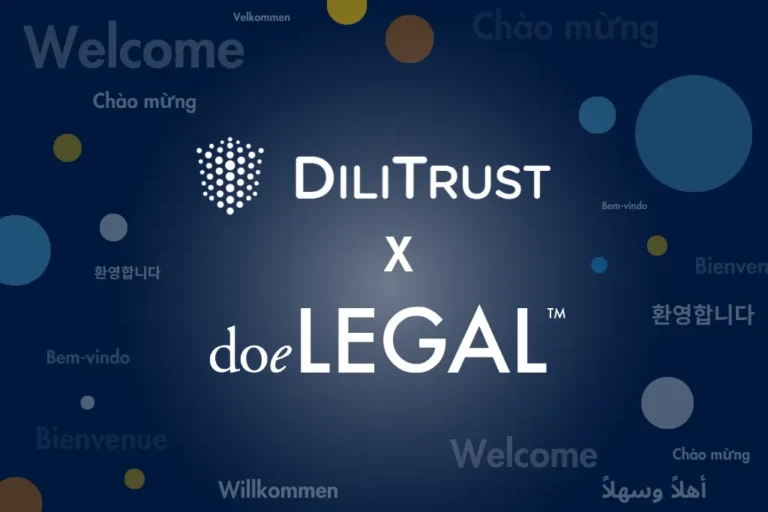In 2022, remote and hybrid work have become the new normal for organizations around the world. This change in work has raised interesting questions about productivity, innovation, and mobility. However, CIOs are sounding the alarm about the security risks and potential dangers of working from home.
The number of cyber-attacks is exponentially increasing every year. Executive data is particularly at risk, as directors regularly need access to sensitive data both during remote business meetings and on the road. For this reason, it is critical for board members to know how to keep data secure while working remotely.
REMOTE WORK AND DATA SECURITY: WHAT ARE THE CHALLENGES FOR Board members?
Board members are working remotely but also continuing to meet with investors or their close colleagues, holding important business continuity meetings at a distance and in person. Beyond efficiency, the question of protecting confidential data arises: How can business leaders maintain the integrity of sensitive documents and guarantee secure access when they are remote working or on the move?
Most directors use portable devices to take their files with them when they are on the move. Executives need to be able to open their documents offline, which makes traditional online collaboration platforms far from the ideal solution. Business managers also cannot risk storing sensitive files in unencrypted software or sending confidential documents by email.
To work remotely, managers need to use a solution tailored to their activities. The solution should be accessible offline and protect the security of their company’s sensitive data. Although there are plenty of solutions available, not all meet the security standards necessary to fully protect company data.
DATA SOVEREIGNTY IN TURMOIL
Digital sovereignty is a hot topic for European companies and institutions. Nowadays, data is subject to the country’s laws where it is stored or through which it is transited. In Europe, the processing of personal data is governed by the European legal framework, in particular by the General Data Protection Regulation (RGPD). The RGDP came into force in May 2018 to strengthen the protection of individuals’ data. Under the GDPP, European companies are advised not to send their data through the United States where the US CLOUD Act applies. Therefore, many European organizations prefer to repatriate their data to data centers physically located in Europe, and thus benefit from a local and sovereign service. This trend has accelerated since the cancellation of the Privacy Shield in July 2020.
Additionally, each company is also responsible for ensuring that no employee or subcontractor of the chosen service provider accesses its customers’ data from the United States. The simple fact remains that making this data accessible from a country outside the European Union generates a risk.
Furthermore, being sensitive to digital sovereignty issues without taking action is not enough. You have to take into account the “physical” security of the data. Data must be encrypted and pass through infrastructures that guarantee interoperability, reversibility, and transparency. Only specific SaaS solutions in the Cloud can meet these security and sovereignty needs without penalizing the mobility needed by business leaders.
Executive data: How to work remotely safely
To conclude, the increase in the number of cyber threats raises serious security issues while working remotely. This rings especially true for the protection of confidential executive data. Given the growing need for remote collaboration, executives have every interest in digitizing their documents while at the same time ensuring the protection and sovereignty of their confidential information.
DiliTrust has partnered with executives to design a unique solution for digitizing your governance bodies: our board portal. Our board portal is a SaaS software integrated into our DiliTrust Governance suite that will allow you not only to organize governance meetings remotely and in person, but also to keep sensitive and confidential documents secure.
In terms of remote work, the solution is accessible on mobile, tablet, and PC, both online and offline, anywhere and anytime. Protected by two-factor authentication (TFA), the Board Portal module of the DiliTrust Governance suite is a flexible, secure, and ISO 27001 certified tool.
At DiliTrust, the security of our customers’ data is our priority. In these difficult times, we are committed to providing you with a quality of service that is unmatched and adapted to your needs. Tell us about your digitization projects now.



